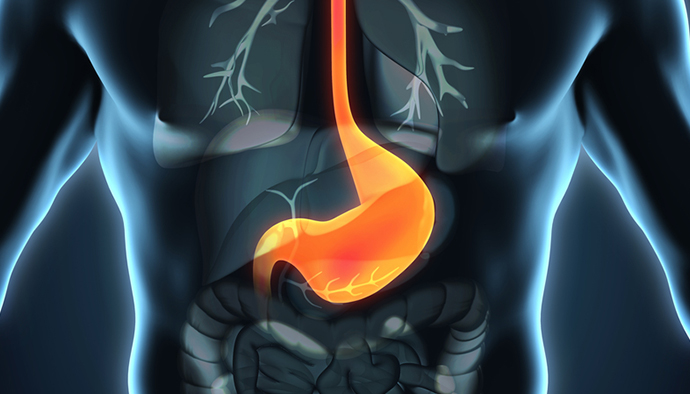
This type of surgery is used to remove the sensation caused by gastric acids when they rise from the stomach into the esophagus, commonly known as “acidity”, “heartburn” or gastroesophageal reflux disease.
Previously this surgical treatment was reserved only for patients who did not respond to medical therapy and for those who presented complications.
Nowadays, thanks to the studies of esophageal physiology (upper digestive endoscopy, esophagogram, manometry and phmetry), the patient who presents the symptoms can be studied to determine whether or not he will respond to medical therapy.
Symptoms to diagnose GERD (Gastroesophageal Reflux Disease) to indicate a surgical protocol are:
• It presents a reflux of severe and erosive type, that does not respond to medical treatment.
• Existence of Hiatal Hernia, has been associated in almost 90% of the cases.
• Persistent regurgitation.
• It presents reflux asthma.
• Severe erosive esophagitis
The most common procedure for surgically resolving gastroesophageal reflux is fundoplication by laparoscopy.
It involves wrapping the last 3 cm of the esophagus (tubular structure that communicates the mouth with the stomach) with the gastric bottom so that it passes free and directly the esophagus through the hiatus. The procedure achieves a closing pressure of the anti-reflux mechanism which allows proper passage of the food through the esophagus and prevents reflux, generating a closing pressure greater than the pressure generated in the stomach, thus preventing reflux after food and during the lying down position at night.
What are some of the benefits of this type of surgery?
• The patient suffers from a lower risk of acquiring intrahospital infections due to the short time in contact with the hospital environment.
• The patient undergoing antireflux surgery will stop taking expensive drugs for acidity.
• Patient will be able to enjoy foods that previously caused symptoms of daytime and nighttime reflux.
• The patient recovers more energy, better mood, enjoys his work and the rest achieved by sound sleep at night.
• Headaches, shoulders, neck and tiredness caused by permanent bad sleep will disappear
• The postoperative pain is minimal compared to the pain produced by the open surgery incision.
• It generates an excellent aesthetic result, by avoiding great scars on the abdomen area.

